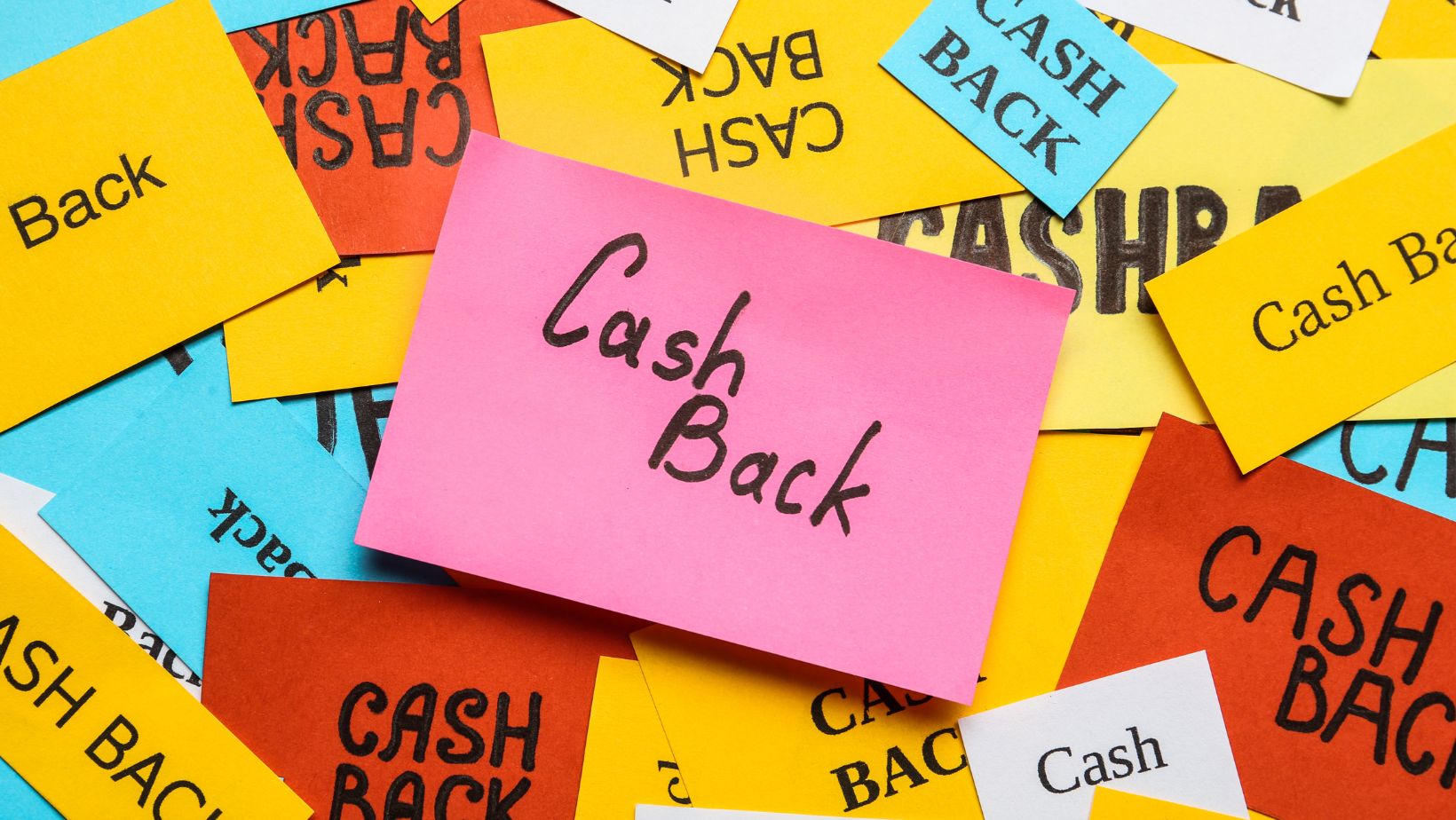When it comes to choosing a credit card, two popular options are cashback credit cards and rewards credit cards. While both offer perks that make spending more beneficial, they cater to different types of users. But which one is right for you? Let’s dive into the differences and help you make a smart choice that aligns with your financial goals.
What Are Cashback Credit Cards?
Cashback credit cards are exactly what they sound like—they give you cash back on your purchases. Every time you use your card, a percentage of the amount you spend is returned to you as cashback. The rate usually ranges from 1% to 5%, depending on the card and the type of spending.
For example, you might earn 2% cashback on groceries and 5% on fuel. Some cards even offer flat rates, such as 1.5% cashback on all purchases.
Advantages of Cashback Credit Cards
- Simplicity: Cashback is straightforward. If you spend $100 on groceries and earn 3%, you get $3 back—no need to calculate points or convert them.
- Immediate Value: Cashback rebates are often available as statement credits, checks, or deposits into your account, giving you tangible savings.
- Versatility: There are no restrictions on where or how you use your cashback.
However, cashback credit cards are best for people who want easy rewards without needing to juggle complex point systems.
What Are Rewards Credit Cards?
Rewards credit cards work a bit differently. Instead of giving cash back, these cards let you earn points or miles for every dollar you spend. These points can be redeemed for travel, gift cards, merchandise, or even statement credits, depending on the card issuer.
For instance, a travel rewards card might give you 3x points on flights and hotels, while a general rewards card might offer 2x points on dining and entertainment.
Advantages of Rewards Credit Cards
- Flexible Redemption Options: With rewards cards, you can use your points for travel, shopping, or other exclusive experiences.
- Higher Value Potential: When redeemed strategically, points can sometimes be worth more than their face value—for example, booking flights through a travel portal might double the value of your points.
- Exclusive Perks: Many rewards credit cards offer additional benefits like airport lounge access, free hotel stays, or travel insurance.
Rewards credit cards are ideal for those who enjoy travel, want access to premium perks, or don’t mind strategizing how to maximize their rewards.
Key Differences Between Cashback and Rewards Credit Cards
Understanding the main differences can help you decide which card suits your needs.
- Earning Potential
○ Cashback Credit Cards: Offer a flat percentage of cashback on spending, making it easy to calculate your benefits.
○ Rewards Credit Cards: Points or miles can sometimes be worth more than cashback, but this depends on how you redeem them.
- Redemption Options
○ Cashback Credit Cards: Provide direct savings—your earned cashback can reduce your credit card bill or be deposited into your bank account.
○ Rewards Credit Cards: Redemption options vary widely and may include travel bookings, merchandise, or gift cards.
- Complexity
○ Cashback Credit Cards: Simple and straightforward, with no learning curve.
○ Rewards Credit Cards: May require a bit of research to maximize point value and benefits.
When to Choose a Cashback Credit Card
Cashback credit cards are an excellent option if:
- You want straightforward rewards.
- You prefer instant savings rather than accumulating points over time.
- You spend primarily on everyday categories like groceries, gas, or utilities.
For example, if you’re someone who doesn’t travel often but wants to save on your monthly expenses, a cashback credit card with targeted cashback rebates in these categories is a smart choice.
When to Choose a Rewards Credit Card
A rewards credit card might be a better fit if:
- You travel frequently and want to earn points for flights and hotels.
- You enjoy premium perks like lounge access or free hotel upgrades.
- You’re willing to plan your spending and redemption to get the most value.
If you’re a frequent flyer or love dining out at fancy restaurants, a rewards card offering 3x points on travel and dining can unlock significant benefits.
Can You Have Both?
Yes, many savvy credit card users carry both a cashback card and a rewards card to take advantage of each card’s strengths. For example, you might use a cashback credit card for groceries and gas while reserving your rewards card for dining out or booking travel.
Combining the two allows you to maximize cashback rebates and enjoy the flexibility of rewards points when you need them.
Tips to Maximize Your Credit Card Benefits
- Understand Your Spending Habits: Choose a card that offers rewards in the categories where you spend the most.
- Pay Off Your Balance: To truly benefit from rewards, avoid interest charges by paying your balance in full each month.
- Check for Bonuses: Many cards offer sign-up bonuses or special cashback rebates during promotional periods.
Conclusion
Both cashback credit cards and rewards credit cards come with unique benefits. If you prefer simplicity and immediate savings, a cashback card with competitive cashback rebates is a fantastic choice. On the other hand, if you enjoy travel or premium perks and don’t mind a bit of strategizing, a rewards card might be the better option.
Ultimately, the best credit card for you depends on your lifestyle and financial priorities. By understanding the differences and evaluating your spending habits, you can pick a card that helps you save more and enjoy greater value.
So, which one will it be—cashback or rewards? The choice is yours!





